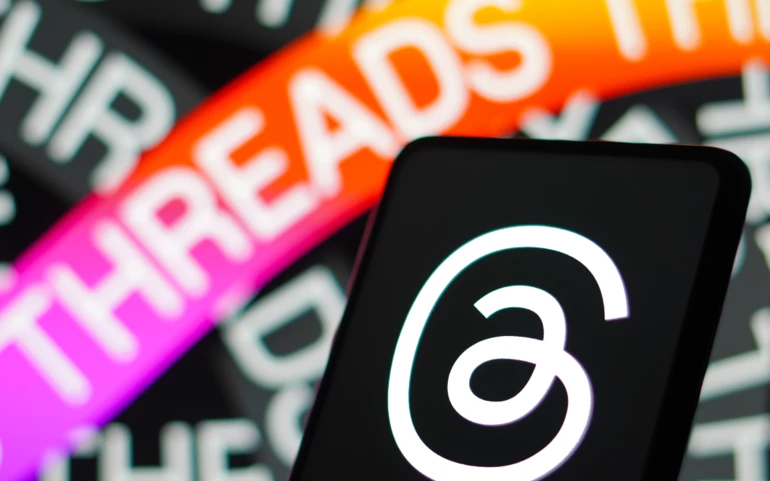
What sets apart Threads from Twitter? Positivity - says Mark Zuckerberg, whose company Meta launched the rival platform last week.
Among his posts poking fun at Elon Musk, he's made clear that if Threads kills Twitter then it'll do so with kindness - responding to claims from app users that hateful rhetoric has skyrocketed since Elon's takeover of the platform in October 2022.
Today we'll be looking at five of the biggest takeaways from this ongoing war between the two biggest tech companies in the world - and what their war for our time and attention tells us about ourselves.
Ethical Concerns and Platform Responsibility
Threads' war on Twitter underscored the ethical concerns and responsibility of social media platforms. Questions arose regarding the platform's role in moderating content, addressing hate speech, and preventing the spread of harmful ideologies.
It has prompted discussions about the need for increased transparency, stronger content moderation policies, and the importance of user education to foster a healthier online environment.
And with the biggest names in sports, movies and music all becoming more vocal about how they've been negatively affected by social media, we'll see these policies directly reflect how these apps are received and used.
The appetite for a Twitter alternative is clear
There’s a clear want from the public for an alternative to Twitter, primarily due to Elon Musk’s incendiary leadership.
Between mass layoffs and verification chaos to rate limits and the rise of far-right content, people are looking to jump ship and have been for a while.
With Twitter copies like Mastodon, Truth Social and Bluesky all successful in their own right, it’s clear that there’s an appetite for a Twitter alternative.
Twitter holds the most important ingredient
Despite all of these copycats however, they seem to fall short as they lack the one thing that Twitter has - people. Lots of people.
It doesn’t matter how good your app is, if your followers/friends/favourite celebrities don’t pick the same new home as you, your feed feels lonely and the average post quality drops as there’s a smaller pool of things interesting to you for the app to show you.
Every app wants to be the 'first port of call'
Rebecca McGrath, a technology analyst for the market research firm Mintel, told the Guardian:
“There is a range of people on Twitter who use it as their first port of call to communicate with the public – such as commentators, journalists, influencers, politicians. So it is very important that Threads gets these high-profile users and content creators using it.” Achieve that and users will follow, says McGrath.
Studies have show that well over three quarters of 16 to 25-year-old users prefer to use something like Twitter as a means to read up on current affairs over traditional news websites and shows.
The battle for ad revenue
"The concerns about the platform becoming an overly toxic environment have struck at the revenue stream at the heart of Twitter’s business model: advertising. In 2021 Twitter reported that advertising accounted for 90% of the company’s $5.1bn in annual revenue.
"After the takeover, concerns over moderation standards and a botched relaunch of Twitter’s subscription product led to advertisers either pausing spending or reducing it sharply. In March Musk said he expected annual revenue to come in at $3bn this year, indicating a heavy decline in ad spending.
"Destruction of Twitter’s advertising base is an existential threat for a historically loss-making company that, post-takeover, must service a $13bn debt burden at a cost of $300m per quarter. If Zuckerberg’s kindness could kill, then so could a lack of advertiser cash. It prompted Musk to warn soon after the takeover that bankruptcy was a possibility, although he said recently the company had a chance of going cashflow positive (and thus generating some money to help service those debts).
"The arrival of Threads adds to that pressure, and threatens to compound some of Musk’s missteps, by offering an alternative platform for advertisers. They must wait, though, after the Instagram boss, Adam Mosseri, said Meta wanted to get the platform right before launching advertising on it."
- Dan Milmo, Global Technology Editor at The Guardian.

